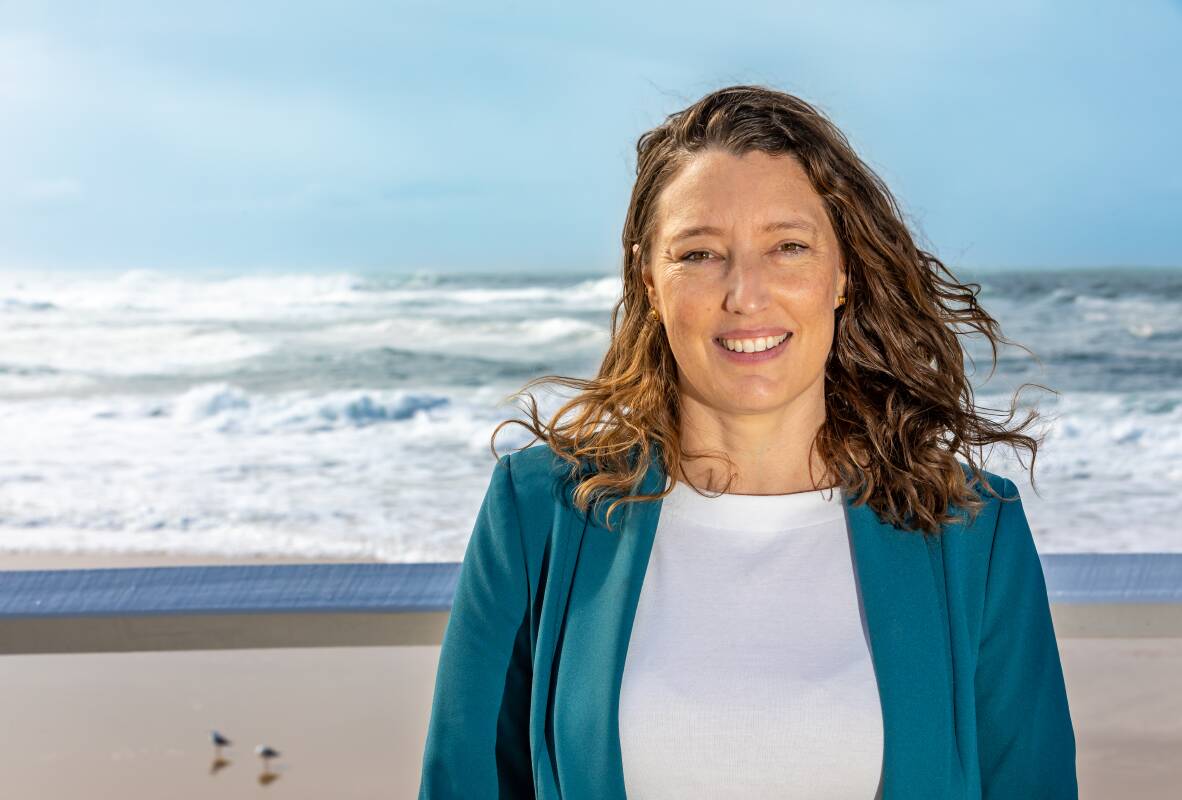
Plastic pollution in the Pacific is a form of "waste colonisation" that threatens the health and livelihoods of people, says University of Newcastle's Dr Sascha Fuller.
Dr Fuller, an environmental anthropologist, said Australians should be as concerned as their Pacific neighbours about plastic.
She co-authored a new research paper, to be published on Tuesday, that found Pacific communities had become caught in a "global system of ecological imperialism rooted in capitalist modes of production and consumption".
The Pacific was affected by what the researchers described as "waste colonialism", in which corporations were effectively dumping plastic in the region. Indigenous communities, which have long been custodians of the region's ocean and land, had little say in the matter.
The paper concluded that plastic pollution intersects with issues such as sovereignty, food insecurity, import dependency, global fisheries, people's livelihoods, human rights and the global political economy.
The research comes amid moves by the Albanese government to strengthen Australia's relationship and role in the Pacific.
Plastic waste enters the Pacific region through trade, tourism, the fishing industry and marine litter. It flows in on currents and shipping lanes, collecting in the ocean and ending up on the coastline and land.
Dr Fuller witnessed Coca-Cola begin to distribute plastic bottles instead of glass bottles in Samoa last year. This added more plastic waste to the region, in addition to that which arrived from other parts of the world.
Seeing that firsthand was "shocking and frustrating".
"It's devastating," she said.
"Now the Samoan community has to pay the price and deal with the impacts of increasing volumes of plastic pollution that weren't there 18 months ago.
"There's currently no global policy in place that prevents Coca-Cola from polluting the Pacific with their single-use, toxic plastic bottles that are harmful to the environment and human health."
Dr Fuller hopes a planned United Nations treaty to end plastic pollution globally will "prevent that sort of behaviour happening in the future", with more responsibility put on producers.
She is in Suva this week, working with Pacific nations to discuss regional priorities for the treaty's design. The research paper, published in The Journal of Political Ecology, will provide evidence to inform the discussions.
Dr Fuller said plastic pollution was having "dire impacts on our marine ecosystem". "But the problem is much bigger than that. There are land-based problems and impacts on human health that are hugely problematic," she said.
"I don't think we, in Australia, have been aware of the impacts. The science is changing daily."
She said microplastics had been detected in the human bloodstream and lungs.
Those fighting against plastic pollution are seeking labels for the "toxic and hazardous chemicals in plastic products", similar to cigarettes. Ultimately, they want such chemicals to be replaced with safe alternatives.
Dr Fuller said the rate of plastic production and consumption was accelerating worldwide, despite the known harms.
She said the pandemic had a significant effect on demand for single-use plastics, which are "ironically marketed as healthy and sanitary".
The research paper focused on Samoa, Tuvalu, Tonga, Kiribati, Fiji and Solomon Islands.
The Pacific Islands are unequally affected by plastic pollution due to their location. Colonialism has affected the Te Moananui people's ties with the ocean on many levels - spiritual, social, cultural and economic. [Te Moananui is a Polynesian name for the Pacific region]
The researchers said Te Moananui nations contribute about 1.3 per cent of the world's plastic pollution, yet bear the brunt of the problem.
"Despite being on the frontline of the world's plastic problem, Te Moananui hasn't had a seat at the table when it comes to the solution. This must change if we are going to curb the global plastic disaster. Pacific peoples have the science. They have managed and protected their ocean for thousands of years," Dr Fuller said.
The United Nations treaty to end plastic pollution is set to be in place by 2024.
"The issue of plastic pollution cannot be solved by waste management. It can only be solved by preventative measures including restricting the production and circulation of harmful plastics," Dr Fuller said.
READ ALSO:
- Knights investigate shock video of teammates in toilet
-
Woman arrested after stabbing at Woodberry: victim 'was incredibly lucky'
-
Ponga splashes $2.4m on Merewether home
- Blacksmiths Beach coastal erosion could be offset by sand transfer system
WHAT DO YOU THINK? We've made it a whole lot easier for you to have your say. Our new comment platform requires only one log-in to access articles and to join the discussion on the Newcastle Herald website. Find out how to register so you can enjoy civil, friendly and engaging discussions. Sign up for a subscription here.







